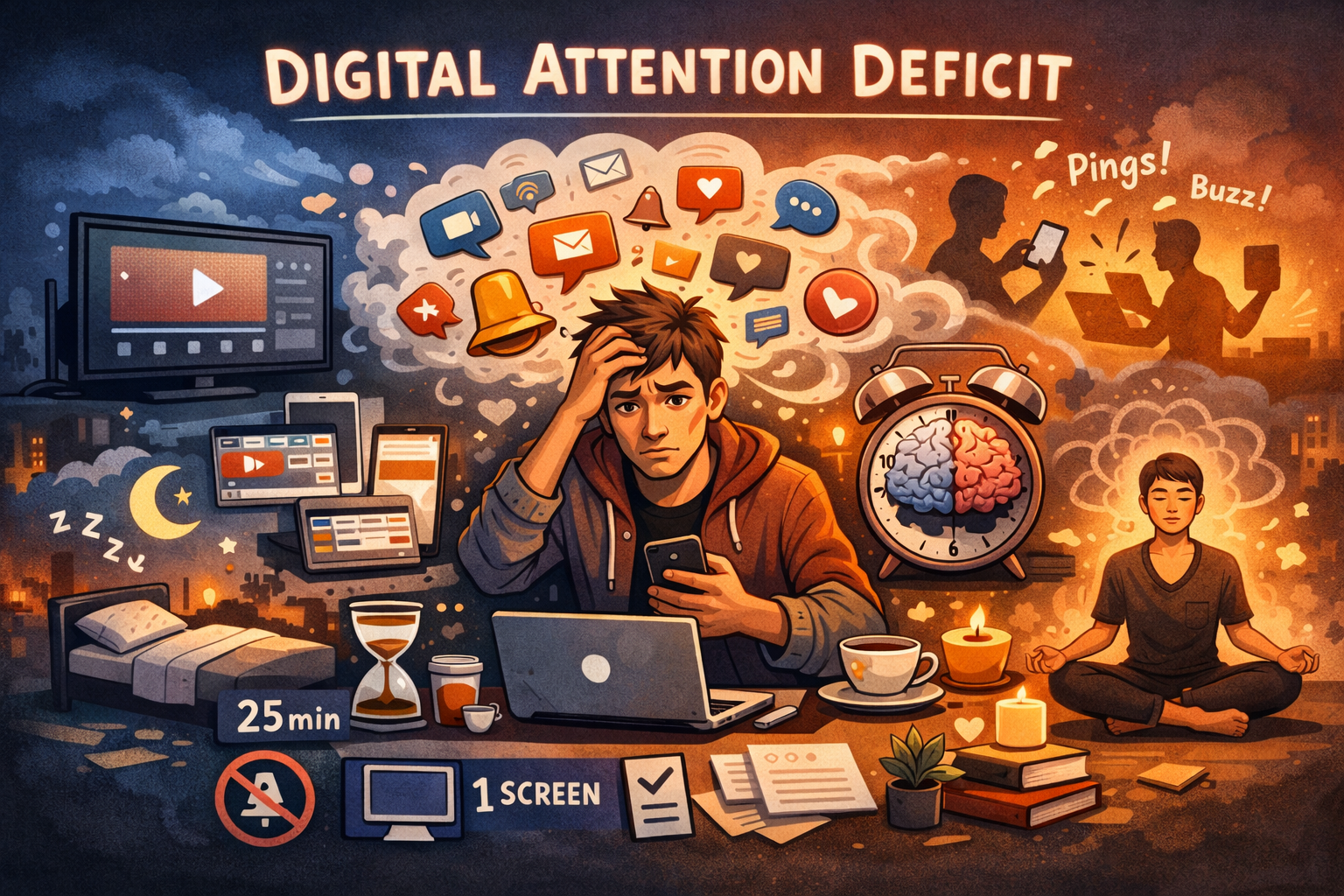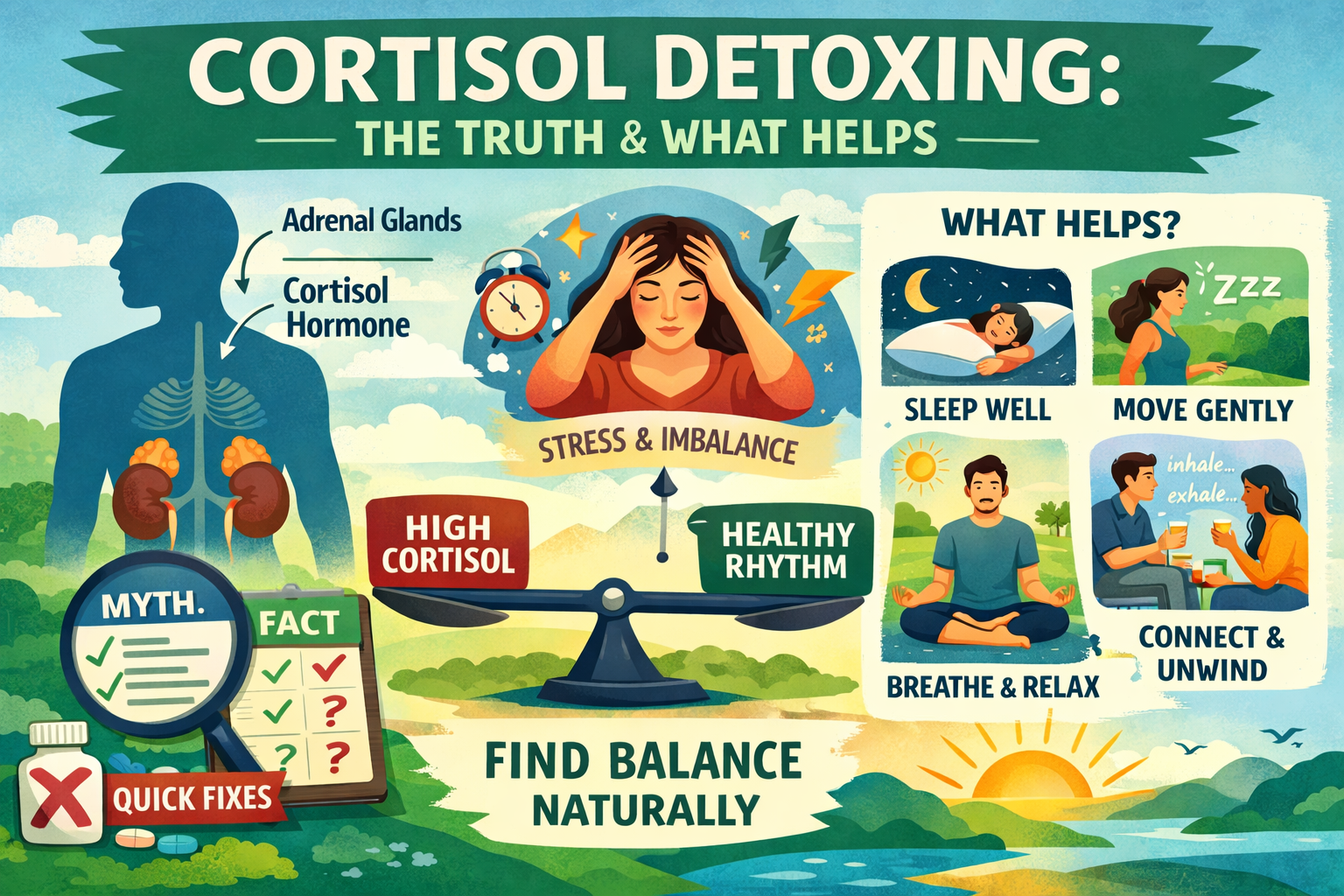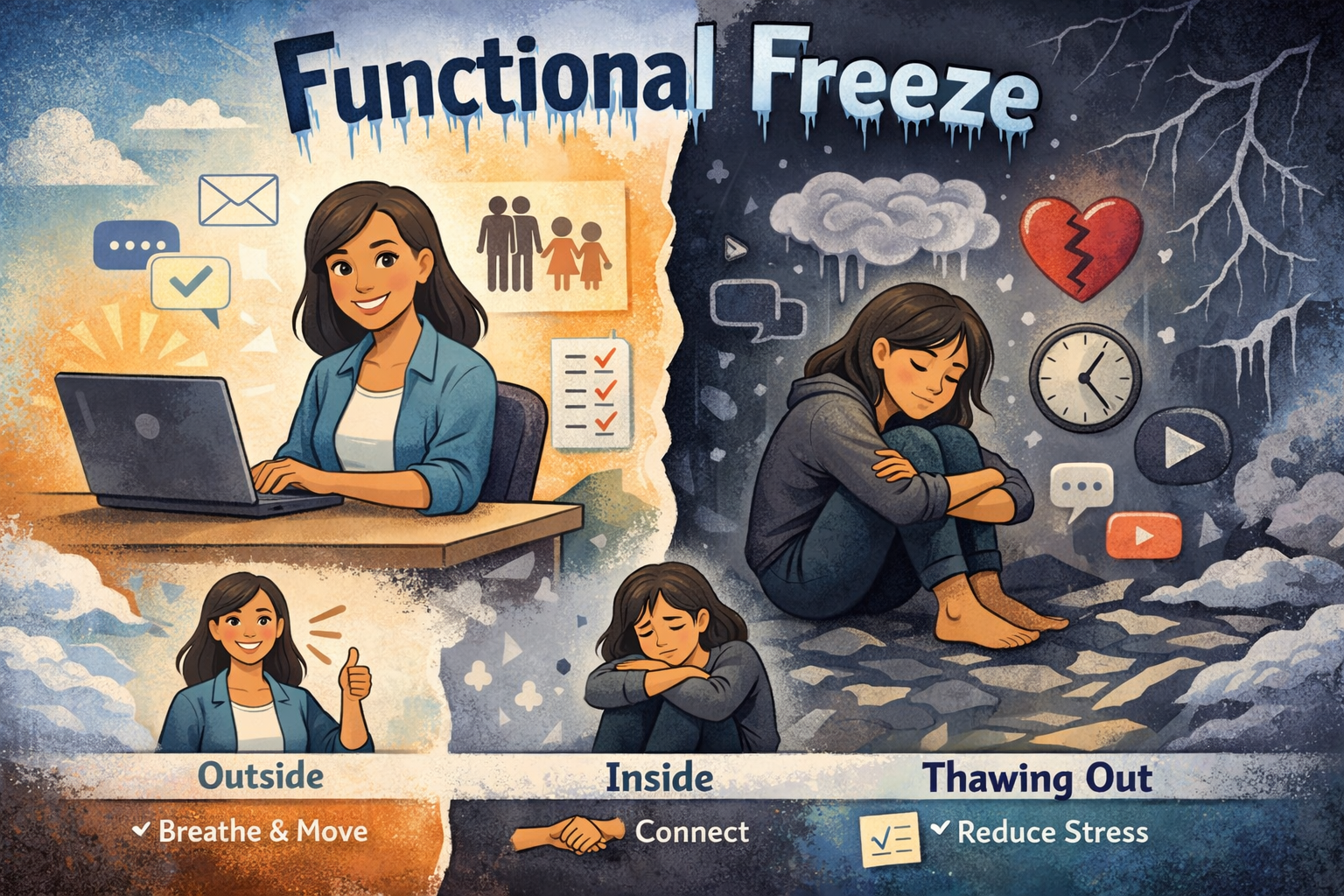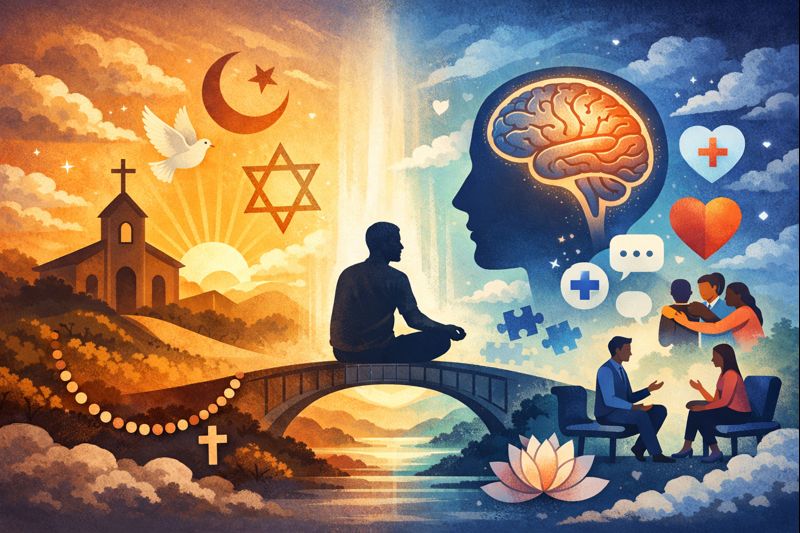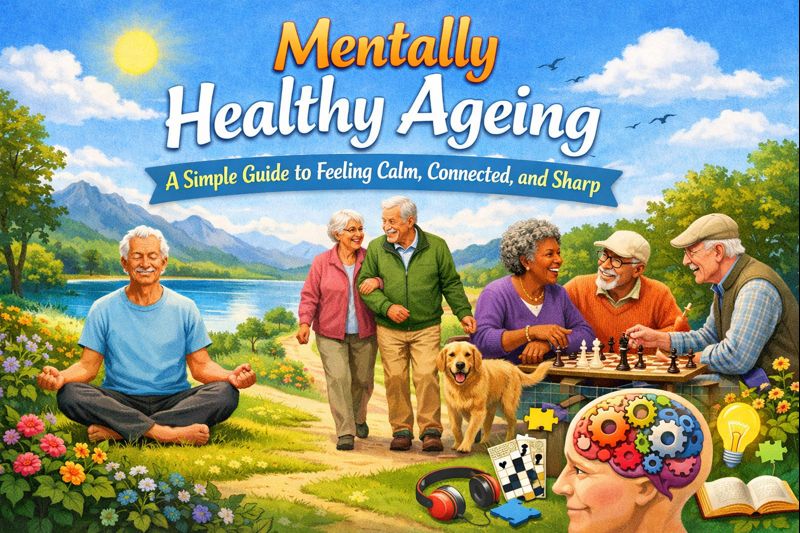More than ever, social media is hurting your mental health and wellness and and also taking a complete charge of beauty standards. As a result, comparison anxiety and body image issues are rising sharply. Constant exposure to filtered, idealized photographs on sites like Instagram, Facebook, and Snapchat is producing unrealistic expectations of how individuals should look. Particularly for teenagers and young adults, the internet culture drives self-doubt, comparison, and discontent as well as affects people of all ages.
If the often-unattainable beauty ideals that this digital culture, that puts on us to conform to lead to low self-esteem, anxiety, etc. It is therefore crucial to foster body positivity, self-acceptance, and digital literacy to counteract its harmful effects. In consequence of the fact that social media keeps on defining beauty, it is important to encourage people to love their bodies and accept themselves as they are, and to use social networks responsibly.
So, let’s explore some of the simplest yet effective ways that can help us cultivate a healthier relationship with our body and overcome the negative body image.
What is body image?
Our perception and the feeling we have about our bodies is called body image. It’s not only about how you look – it’s also about how people look at you. A negative body image is characterized by repeated criticism and dissatisfaction, while a positive body image is characterized by satisfaction with your body.
Research shows that, especially among teenagers, negative body image is quite common. This is because, as pointed out by the Dove Self-Esteem Project, three out of four females feel that they are being pushed to meet certain beauty standards. Social media, commercials, even friends or family can all contribute to this strain.
The Role of Social Media and Society in Shaping Body Image
Comparisons are common starting point for negative body image ideas. We evaluate ourselves against others, particularly on social media where many individuals publish perfected-looking or altered images. This could lead us to feel inadequate.
Still another factor is society's definition of beauty. Society has for years pushed a limited concept of what "beautiful" looks like. This might make everyone who deviates from that ideal inadequate.
How to Overcome Negative Body Image Thoughts
1. Develop self-compassion.
Self-compassion is treating yourself kindly, particularly in trying circumstances. Try to pay more attention on what your body does for you than on criticizing it. Your legs enable you to walk, for instance, and your arms let you hug loved ones. "Talk to yourself like you would want someone you love," renowned novelist *Brené Brown* once said. This little mental change can have a significant impact.
2. Limit Social Media Consumption
Negative body image ideas can be somewhat triggered by social media. Try to cut your time on sites that cause you self-consciousness. Rather, seek out stories that support self-love and body acceptance.
Cutting social media use can greatly boost self-esteem and lower feelings of loneliness, according a study by the *University of Pennsylvania*.
3. Prioritize health before body appearance.
Your body expresses how it feels and functions rather than only how it looks. Eat healthy foods, keep active, and get adequate rest to give your health top priority rather than weight, size, or form. Not about conforming into a certain beauty standard, healthy practices should be about feeling strong and energized. You will automatically feel better both inside and outside when you tend to your body with
4. Surround Yourself with Positive People
The people you spend time with can have a big impact on how you feel about yourself. Being around supportive and encouraging friends and family can boost your confidence and help you focus on what truly matters. Avoid people who constantly talk about diets, weight, or unrealistic beauty standards. Instead, spend time with those who uplift you, celebrate your strengths, and make you feel valued for who you are, not just how you look.
5. Challenge Distressing Thoughts
Though they are not always accurate, negative ideas about your body can feel overpowering. When you find yourself criticizing your appearance, stop and ask yourself, "Is this fair?Would I say this to a friend?" Often, we are much harsher on ourselves than we should be. Try to replace negative thoughts with kind and realistic ones. For example, instead of saying, "I don’t look good," remind yourself, "My body helps me move, laugh, and enjoy life." The more you challenge these distressing thoughts, the less power they will have over you.
(Also Read: Handling Social Media Addiction for Mental Health.)
To conclude
Though it's difficult, negative body image thoughts can be overcome. You can start to perceive yourself differently by developing self-compassion, cutting social media, emphasizing health, surrounding yourself with positive people, and confronting bad ideas.
Recall; your value is not based on your appearance. You alone are enough, as Maya Angelou once stated. You have nothing to prove to anybody. Thus, embrace and love your body exactly as it is via little daily measures.
These suggestions will help you get over negative body image ideas and strengthen your closer, happier relationship with yourself. Start right now—you deserve it!
if you struggle to manage these negative thoughts, then take help of mental health and wellness therapy. A mind therapy center can provide the strategies and support required to help you overcome obstacles and grow to have a better attitude.
Are you looking for inner peace, deep relaxation or holistic solutions for mental health? Visit http://themindtherapy.in - your space for online counselling/therapy, free mental health tests, meditation, sound therapy etc.
Mind Therapy is India's trusted platform for mental health, mindfulness, and holistic healing. Explore expert-led programs, guided meditation, sound therapy and counselling at http://themindtherapy.in



